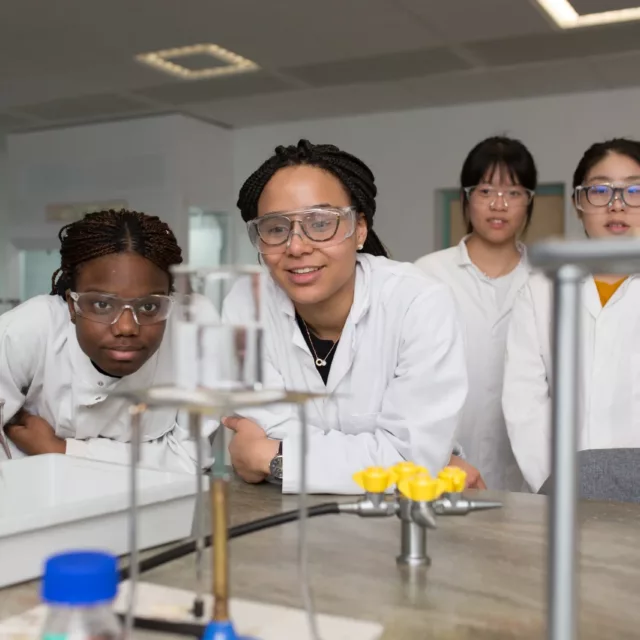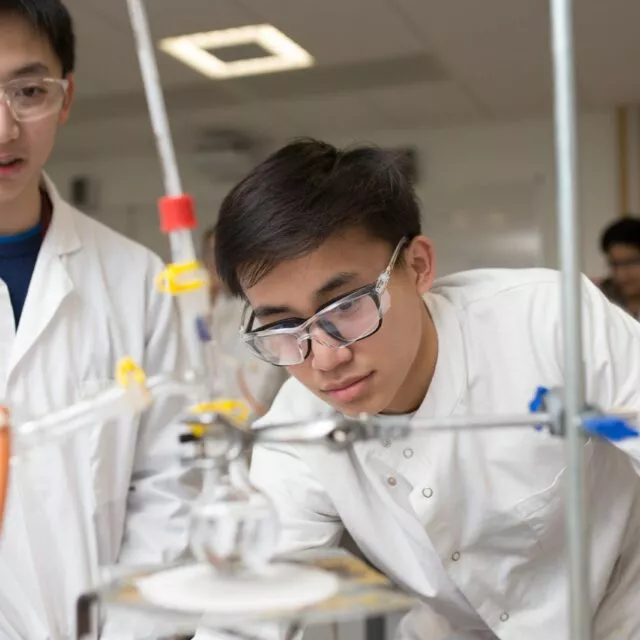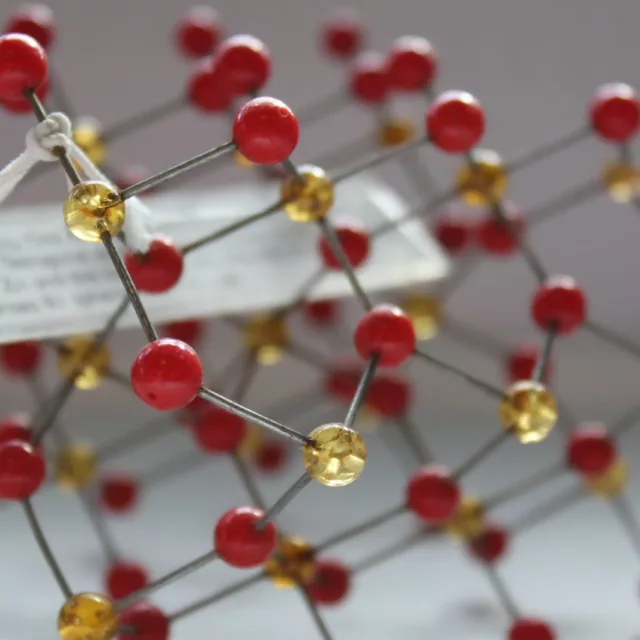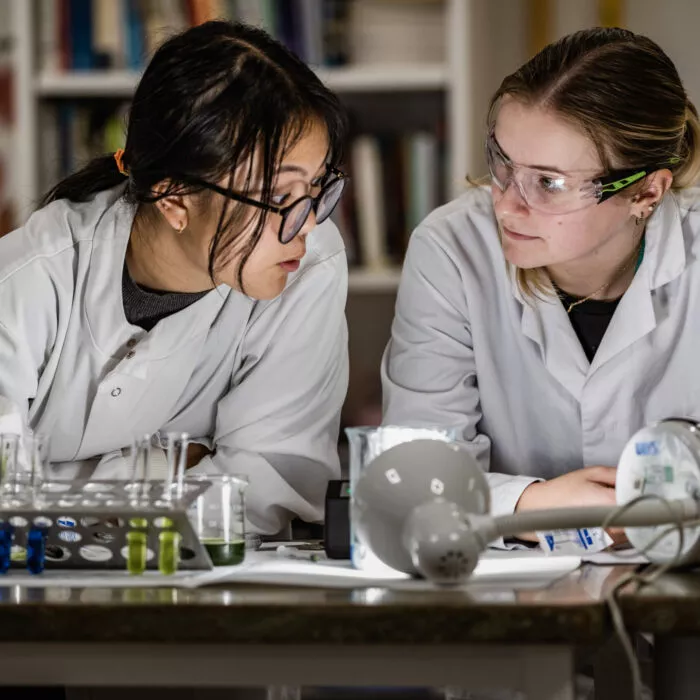Chemistry
“Chemistry is necessarily an experimental science: its conclusions are drawn from data, and its principles supported by evidence from facts.”
—Michael Faraday
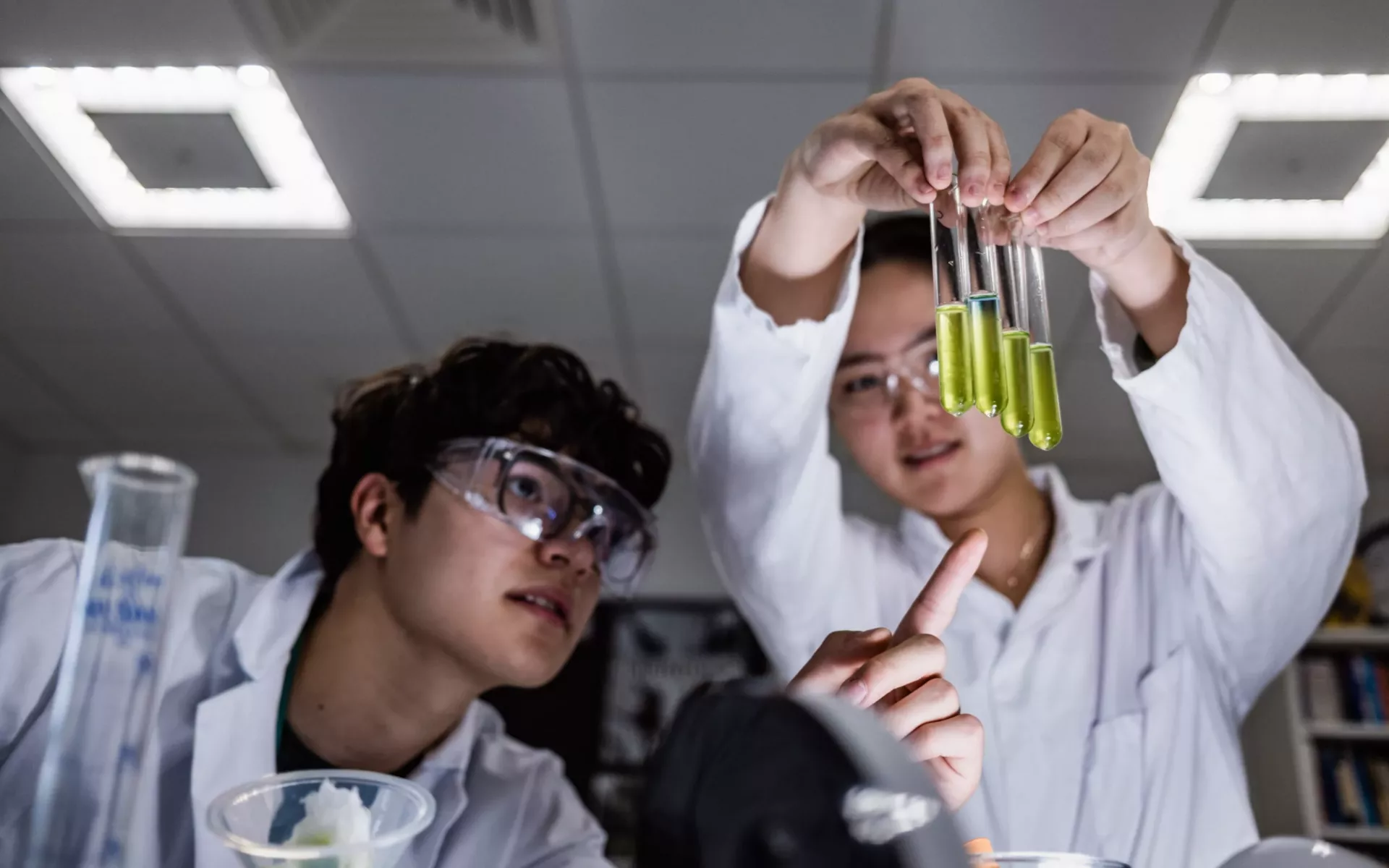
Chemistry is a science of transformation and transition. Chemistry is vital for understanding much of our modern world, from medicines to metal alloys, batteries to fuels, to pollution and its remediation. Climate science for example is a vital and growing area of chemical study and research.
Chemists at Concord work in seven state-of-the-art laboratories, equipped especially for chemistry. In small classes, they are able to explore the curricula for their courses and, in clinics, clubs and competitions, continue to pursue their interest beyond the exam syllabus. Those wishing to study STEM subjects at university therefore find themselves exceptionally well equipped to approach entrance assessments. Our special projects laboratory and highly qualified teaching staff also support laboratory-based chemistry projects for EPQ.
Recent highlights include successes in the RSC Chemistry Olympiad, in which 65 students won certificates.
GCSE
Board
AQA
Mode of assessment
Examination
GCSE Chemistry covers the fundamentals of Chemistry including topics such as Atomic Structure, Bonding, Chemical Change and Rates of Reaction and Chemical Analysis as well as more applied topics such as Chemistry of the Atmosphere and Using Resources.
A Level
Board
OCR
Mode of assessment
Examination
A Level Chemistry covers the foundations of the subject needed for degee level study. It explores the Periodic Table of Elements, Physical Chemistry, Organic Chemistry and Synthesis amongst other topics and also develops key practical skills.
Futures
Chemistry is not only a fascinating subject in its own right, with a chemistry degree opening very many career options in research, industry, policy, education, but it is a vital subject required to study for a range of degrees. Among the degrees for which A Level Chemistry is required are: Medicine, Dentistry, Chemical Engineering, Veterinary Science or Veterinary Medicine, Biochemistry, Pharmacy, Pharmacology. Chemistry is also useful, and sometimes required, for Biology, Natural Sciences and some other degrees.
Concord Chemistry students have gone on to study all of these and more at top universities around the world.
